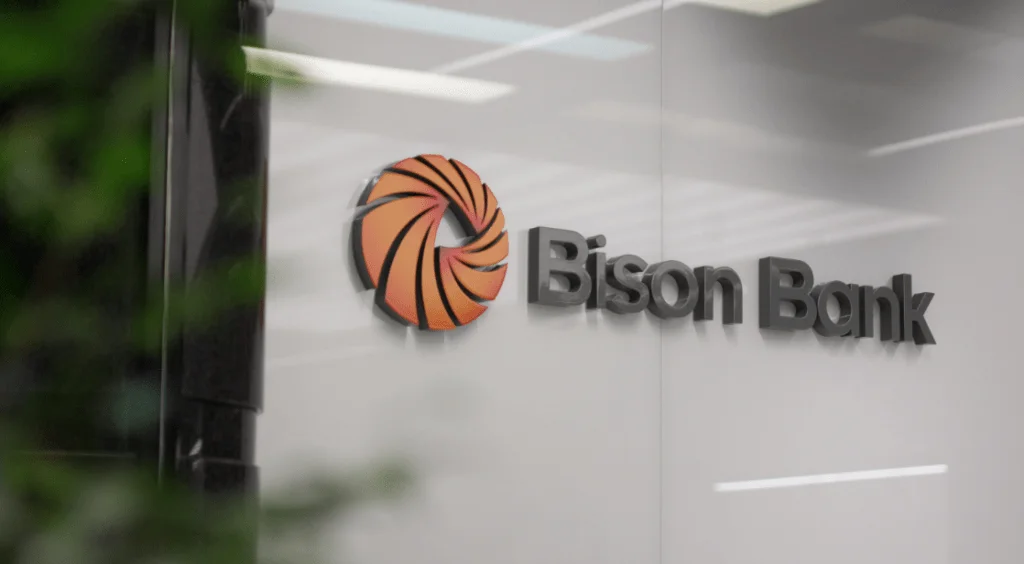Bison Bank becomes the first bank to receive a crypto license approval from Banco de Portugal, the Portuguese central bank to operate as a virtual asset service provider (VASP).

Bison Bank will be the first bank in Portugal to provide high-net-worth clients with digital asset services. It will launch a bitcoin trading platform as well as custodian services.
As a result of the license, the bank will be authorized to provide cryptocurrency trading services as well as act as a cryptocurrency custodian.
Bison Digital Assets, a separate company of the local Portuguese bank, plans to start operating as a virtual asset market. It will also be the first bank in the country to offer cryptocurrency custody and trading services.
It will target the high net worth customer sector with its virtual asset services, just as it does with its traditional banking solutions. On the other hand, the bank has yet to reveal information on its virtual asset offerings.
Cryptocurrency regulation in Portugal
In April 2021, the Portuguese central bank passed regulations limiting cryptocurrency exchanges to the bank’s licensing framework. In June of that year, licenses were awarded to Mind The Coin and Criptoloja, two of the first VASPs allowed to operate in the country.
In March 2021, Utrust received the first “all categories” VASP license, allowing the exchange to offer crypto-to-crypto swaps, transfers to wallet addresses, and custody and storage of private keys in addition to a fiat on-ramp for users. Bison Bank has been granted a license in every category.
In the crypto world, Portugal has long been seen as a crypto-friendly state and a tax haven for digital currency investors and traders. There are no capital gains taxes or personal income taxes charged on cryptocurrency gains or income in Portugal unless it is used as a primary source of income.
The Portuguese government announced in October 2021 that it was organizing a working group to draft a National Blockchain Strategy, including public and commercial sector enterprises as well as experts participating. The group has been looking into how the technology may be employed in the country as well as how regulatory restrictions could be clarified.
According to the Portuguese government, an early draft of the strategy will be released at the end of this month, with a final version coming out in June 2022.

